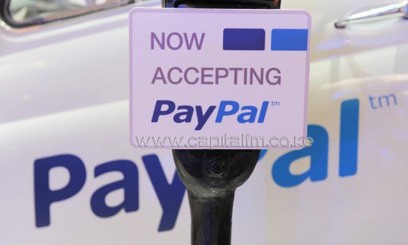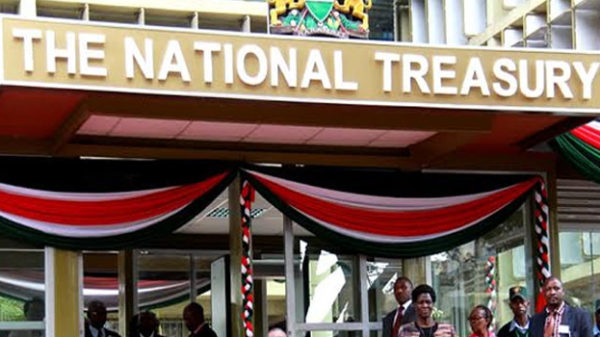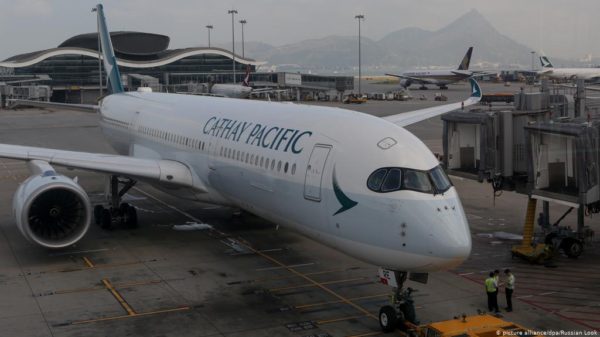TOKYO, September 10 – Japan was hit by more bad economic news on Wednesday as rising energy costs shaved the current account surplus and wholesale prices grew at their fastest pace in nearly three decades.
The data was released as Japan\’s ruling Liberal Democratic Party launched a race to pick the next prime minister, with the health of the world\’s second largest economy emerging as the top issue.
With the cost of imports hitting a record high, the current account surplus fell 17.3 percent in July from a year ago to 1.53 trillion yen (14.29 billion dollars), the finance ministry said.
Analysts said that the figure clouded the prospect of Japan\’s economy, which contracted in the second quarter, expanding anytime soon.
"Exports are losing lustre as the global economy deteriorates including in US and Europe — and not excluding Asia, which is showing signs it is flagging," Dai-Ichi Life Research Institute senior economist Toshihiro Nagahama told Dow Jones Newswires.
"The weak trend of exports is set to continue with the world\’s economy expected to worsen even more. Japan\’s economic weakness is probably here to stay until at least the end of the current fiscal year," he said.
Honda vehicles are prepared for shipment on a freight ship at Narashino port near
The trade surplus fell 69.8 percent to 232.2 billion yen. Japan\’s exports rose 8.7 percent to 7.29 trillion yen, but imports jumped 18.9 percent to a record high 7.06 trillion yen, the finance ministry said.
The value of imports was inflated by the rising cost of energy in Japan, which has virtually no fossil fuel resources on its own.
Crude oil imports rose 69.2 percent to 733.8 billion yen, coal imports more than doubled to 174.0 billion yen and liquid natural gas imports rose 59.3 percent to 155.0 billion yen.
The raw material prices have also triggered a spike in costs of merchandise for consumers — prompting worries about inflation in an economy that for the past decade had instead been battling against deflation.
Japan\’s wholesale prices shot up 7.2 percent in August from a year earlier, growing at the fastest pace in 27 years on higher energy costs, central bank figures showed.
The figure was higher than market expectations of a 7.1 percent increase but a notch down from a revised 7.3 percent rise in the previous month, the Bank of Japan said.
It was the fastest-pace increase since an 8.1 percent rise in January 1981, when the nation was reeling from the second oil crisis, the bank said.
Hirokata Kusaba, senior economist at Mizuho Research Institute, downplayed a recent easing of oil prices. Crude prices rose again Wednesday after the OPEC cartel agreed to cut output.
"While crude oil prices may be currently falling, they are still high compared to year-ago levels, so it will take a while for corporate costs to cool down," Kusaba said.
He warned of the risks to Japan from the shrinking global appetite for its exports — a key driver of the country\’s recovery from recession in the 1990s.
"Exports are gone as one of the main economic growth drivers," he said.
"Given the corporate sector\’s situation, salaries, too, are unlikely to rise and boost private spending, so the economy as a whole will continue to be weak," he said.


































